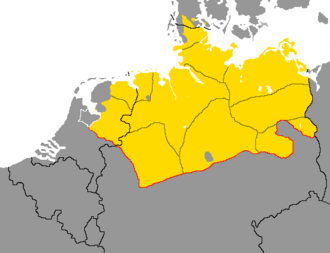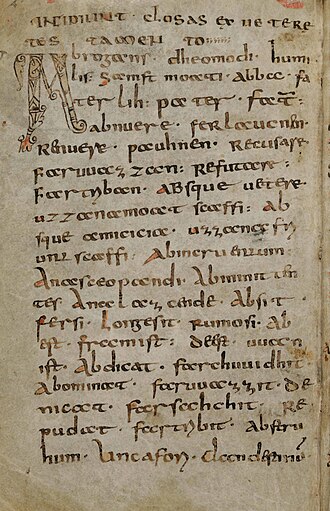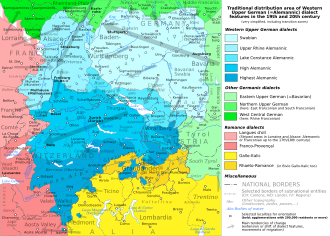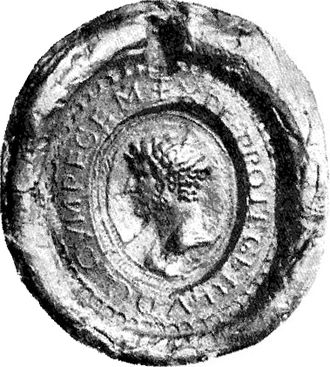German Last Name Origin, History, and Meaning
Where did the surname German come from? What does the surname German mean? Discover the history and meaning of the last name German and family migration on YourRoots Map.
Surname German Origin: What does the last name German mean?
The surname German has its origins in Germany, with records dating back to the early 9th century. It is closely associated with the country and has spread globally over the centuries, with family records found in countries like England and the United States. By the 20th century, the surname German had grown significantly in prominence, especially in the United States, and remains prevalent in various countries worldwide, including Germany and England.
YourRoots data confirms the historical presence of the German surname in countries like England and the United States, showcasing its global spread over the centuries. Today, the German surname can be found in numerous countries worldwide, highlighting its enduring legacy and widespread adoption across different regions and cultures.
German Last Name History: Where did the last name German come from?
Origin of German Surname: Where does the last name German originate from?
According to YourRoots data, the surname German first appeared in records from Germany around the early 9th century. Please note that this reflects only YourRoots data for the exact German spelling and does not include other record sources or surname variations.
History of the Last Name German: What does the German surname history look like in the early days?
The German surname remained closely associated with Germany from the 9th to the 15th century. YourRoots data also shows German family records in countries like England and the United States, indicating global spread over the centuries.
Global Spread: Where can we find the German surname today?
By the 20th century, the volume of records with the German surname grew significantly in the United States. The German surname remains prominent in the United States. It appears in many countries, including England, Germany, and other regions.
Explore German last name heritage and German surname origin based on YourRoots Map data
 VIEW THE ORIGIN OF SURNAME GERMAN
VIEW THE ORIGIN OF SURNAME GERMANFamous People With German Surame?

Lauren German
Lauren Christine German (born Nov 29, 1978) is an American actress known for her role as Chloe Decker in the series Lucifer (2016–2021). She has also appeared in A Walk to Remember (2002), The Texas Chainsaw Massacre (2003), Hostel: Part II (2007), Hawaii Five-0 (2011–2012), and Chicago Fire (2012–2014).

Low German
Low German (No famous person found)

Old High German
Old High German
Old High German (OHG) is the earliest stage of the German language, dating from around 500/750 to 1050. It encompassed various West Germanic dialects that underwent significant linguistic changes. Notable for its synthetic inflectional system, Old High German texts were primarily religious or Christian in nature. The period saw the development of a stable linguistic border between German and French. Surviving texts were mainly composed in monasteries. The transition to Middle High German marked the end of this period, with significant changes in grammar and declensions. Old High German played a crucial role in shaping the German language we know today.

Alemannic German
Full Name = Alemannic German
Full Content = Alemannic, or rarely Alemannish (Alemannisch, [al…õÀàman(Àê)…™ É] ), is a group of High German dialects. The name derives from the ancient Germanic tribal confederation known as the Alemanni ("all men"). Alemannic dialects are spoken by approximately ten million people in several countries across Europe and outside, including Switzerland, Germany, Austria, France, Italy, the United States, and Venezuela. The dialect continuum ranges from Highest Alemannic to Swabian, with variations in sound and usage. Alemannic is recognized as a distinct dialect by some linguists and organizations, with subvariants such as Swabian, Alsatian, and Walser German.

Louis the German
Louis the German (c. 806/810 – August 28, 876), also known as Louis II of Germany, was the first king of East Francia from 843 to 876 AD. He was the grandson of Emperor Charlemagne and ruled during a time of conflict with his father and brothers. Louis played a significant role in the Treaty of Verdun in 843, securing his reign over East Francia. Known for his attempts to expand his kingdom and maintain peace with neighboring regions, Louis the German's legacy as a ruler is marked by his efforts to establish the German kingdom. Despite facing challenges, he left a lasting impact on the early medieval period in Europe.
All images displayed on this page are sourced from Wikipedia or Wikimedia Commons.We use these images under their respective Creative Commons or public domain licenses. Wherever applicable, author attributions and license information are provided. If you believe an image is used incorrectly or outside its license terms, please contact us so that we can review and correct the issue.




.png)